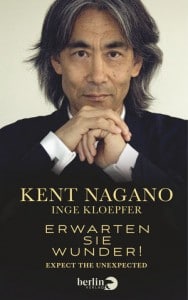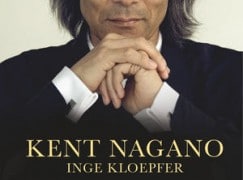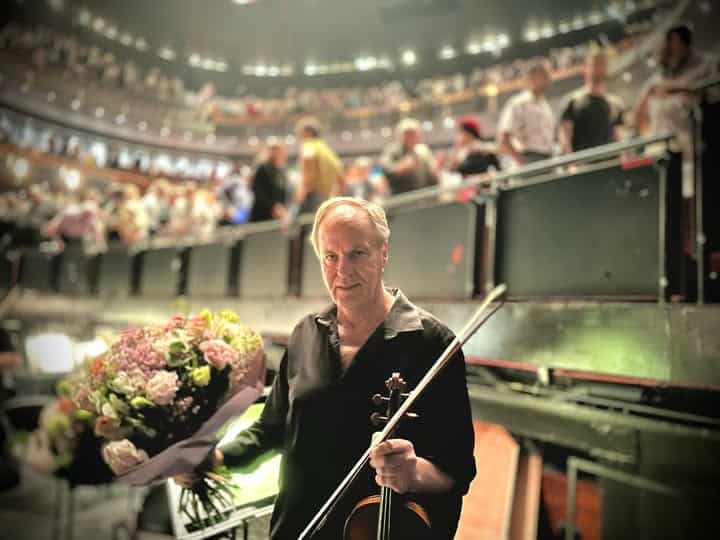Kent Nagano: ‘Classical music could be gone in a generation’
mainHe tells Vienna’s Kurier that the art form is losing social relevance. Most young people consider it elitist and ‘belonging to the past’.
He has a book to plug, but no solutions to offer.







Comments